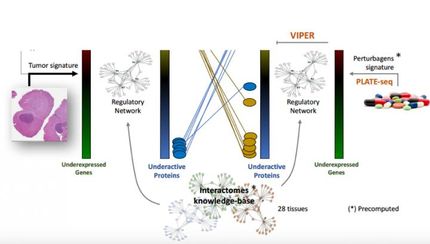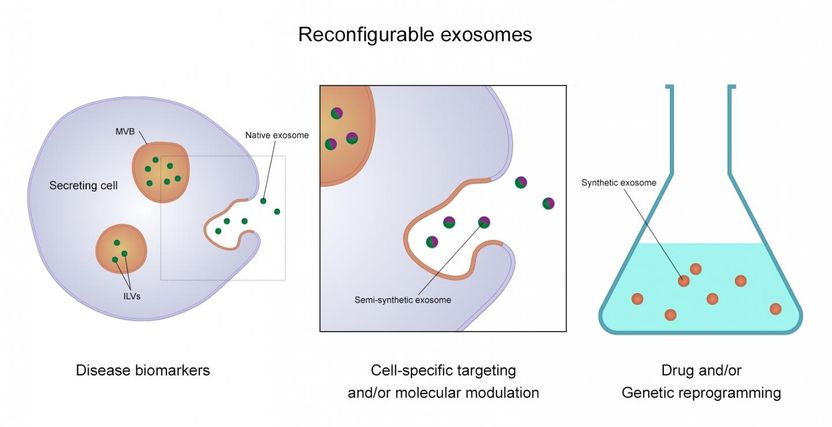DNA blood test detects lung cancer mutations
Circulating tumour DNA in blood a valid option for EGFR testing in patients who do not have accessible tumour tissue, study shows
Cancer DNA circulating in the bloodstream of lung cancer patients can provide doctors with vital mutation information that can help optimise treatment when tumour tissue is not available, an international group of researchers has reported at the European Lung Cancer Conference (ELCC) in Geneva, Switzerland.
The results have important implications for the use of cancer therapies that target specific cancer mutations, explains Dr Martin Reck from the Department of Thoracic Oncology at Lung Clinic Grosshansdorf, Germany, who presented the findings at the conference.
Testing for the presence of these mutations in the tumour itself is not always possible, however studies have suggested that DNA from the tumour that circulates in the bloodstream of patients may provide similar information.
The large international ASSESS study aimed to compare the ability of blood testing to detect EGFR mutations with the more standard method of testing the tumour itself.
“We were really asking a question on behalf of patients,” Reck said: “Is there a valid test that can identify an EGFR mutation and give me the opportunity for superior treatment, even if my lung tumour is not accessible for bronchoscopy or CT-guided biopsy? And, are the results of this blood test in agreement with the results of the ‘gold-standard’ tissue test?”
Overall, the study included 1162 matched tissue and blood samples. Comparison of the outcomes of EGFR testing in the two techniques showed an 89% rate of agreement between the blood test and tissue test. Plasma testing identified about half of the patients with EGFR mutations, compared to tissue testing (a sensitivity of 46%).
The tests in this study were not performed in specially selected central labs, but in local labs that are used for daily clinical routine. “This is important, because it does reflect the clinical reality and not a ‘virtual’ trial reality,” Reck said.
“The results mean that for patients who do not have accessible tumour tissue, plasma testing for EGFR mutation turns out to be an attractive option to offer these patients adequate targeted treatment,” Reck added.
Other news from the department science

Get the life science industry in your inbox
By submitting this form you agree that LUMITOS AG will send you the newsletter(s) selected above by email. Your data will not be passed on to third parties. Your data will be stored and processed in accordance with our data protection regulations. LUMITOS may contact you by email for the purpose of advertising or market and opinion surveys. You can revoke your consent at any time without giving reasons to LUMITOS AG, Ernst-Augustin-Str. 2, 12489 Berlin, Germany or by e-mail at revoke@lumitos.com with effect for the future. In addition, each email contains a link to unsubscribe from the corresponding newsletter.























































